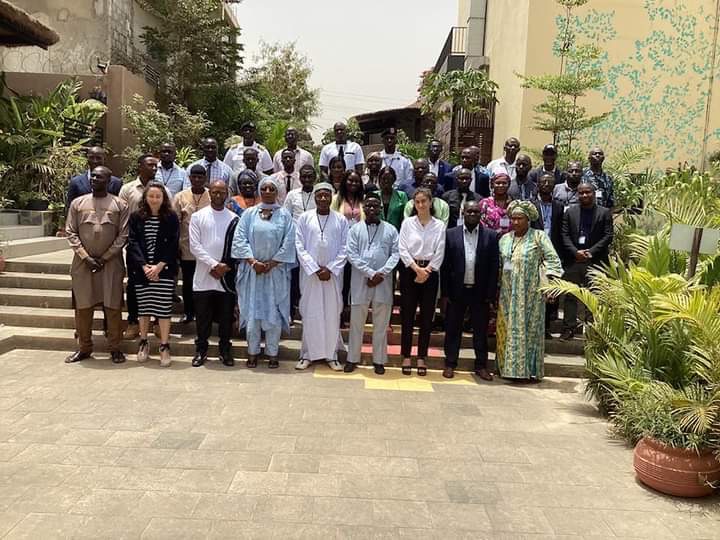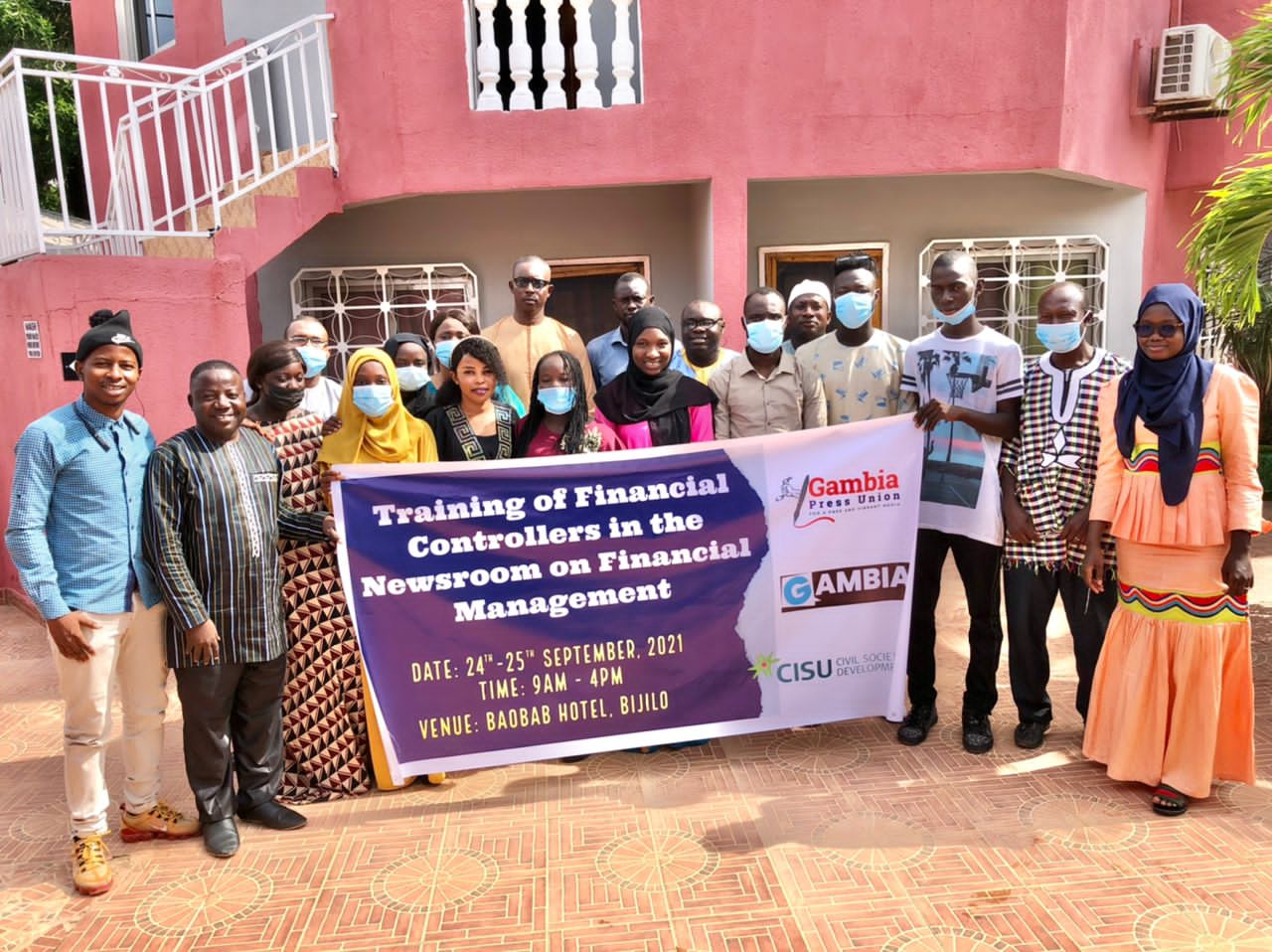By Kemo Kanyi
The Gambia Maritime Association held a discussion on the possible validation of the national draft document that seeks to prevent oil pollution in the country.
Mr. Karamo Janneh, Director General of the Gambia Maritime Association, described the document as “fulfilment of the country’s obligation.”
“The national validation workshop of the draft National Oil Spill Contingency and Response Plan is a momentous occasion, but I will call you again to give you a final blessing on this important national document, the first of its kind through which the Gambia will fulfil one of its international obligations under the international convention on oil pollution preparedness response and corporation. When this document is finalised, its effective implementation will put Gambia in a state of readiness against oil pollution incidents and thus mitigate the risk of oil pollution and damage in the Gambia,” he stressed.
GMA, the coordinating body for the development of a National Oil Spill Contingency Plan has sought technical assistance from the International Maritime Organisationand the Global Initiative for West and Central Africa (GI-WACAF) towards this endeavour.
Mr. Janneh expounded that the meeting will subject the draft plan to review to ascertain whether the information and procedures in the final draft is accurate and workable for his agency.”
Modou Ceesay, the Deputy Executive Director of National Disaster Management Agency, said comprehensive plans are needed to prevent pollution as it continues to put our lives into disaster risk. Disaster risk reduction should be everyone’s focus, and one agency cannot do it alone. It needs a concerted effort. The document will strengthen our response capacity.
He assured NDMA’ support for the implementation of the document with consideration for the safety of lives and livelihoods.
“I am urging all stakeholders to invest in resilience building as it’s often neglected. Managing risk is far more cost effective than responding to disaster, hence the need to focus on risk rather than disaster. I can assure you that NDMA through the office of Vice President will support the implementation of this document by strengthening collaboration, building resilience, and risk informed decision-making for anticipatory action where development will not threaten the wellbeing of Gambians and the environment,” he added.
Ms. Mariama Fofana, representing the Permanent Secretary Ministry of Works, Transport, and Infrastructure, highlighted the importance of the validation of the document as oil spills are imposing serious environmental hazard to lives and livelihood in the Gambia, while calling on the agencies responsible to safe areas, especially Brikama, Kerewan Area Councils, and KanifingMunicipality.





